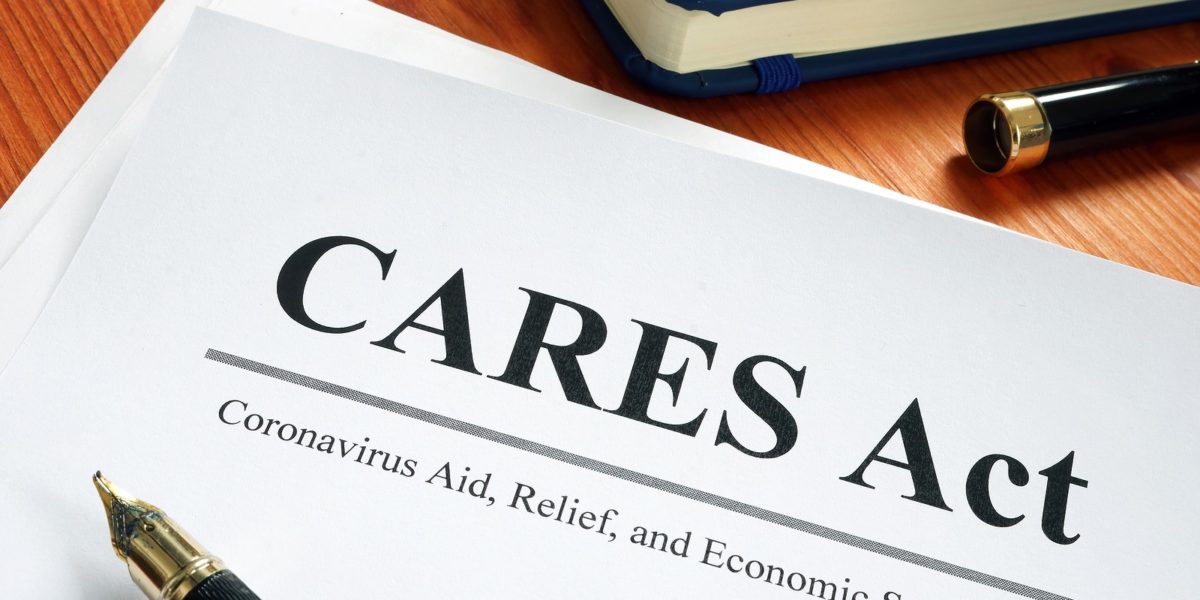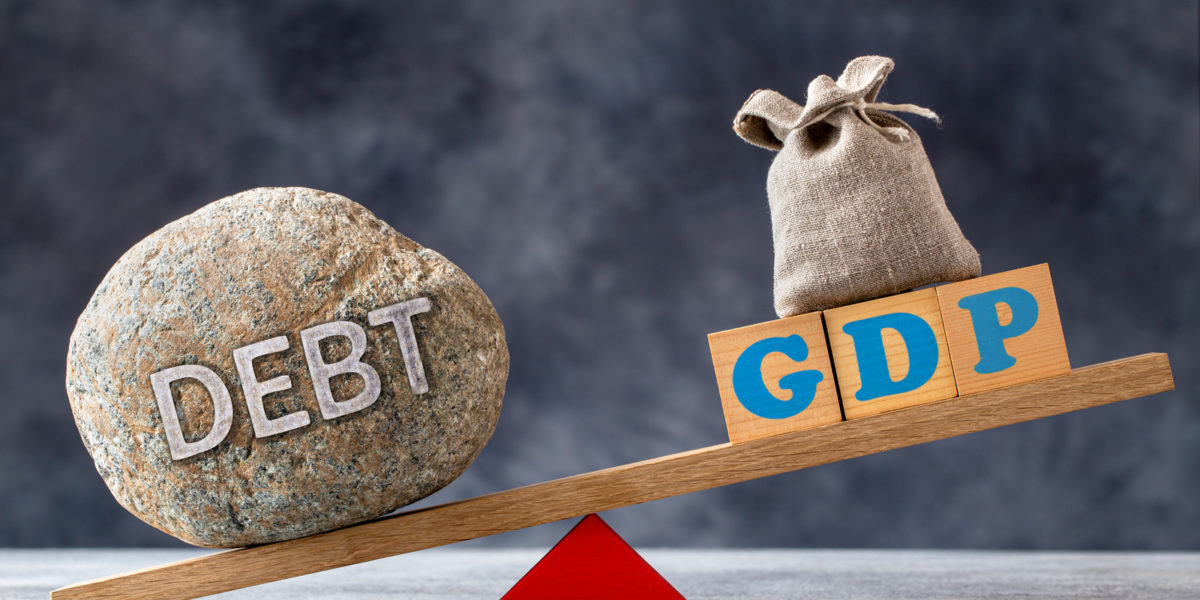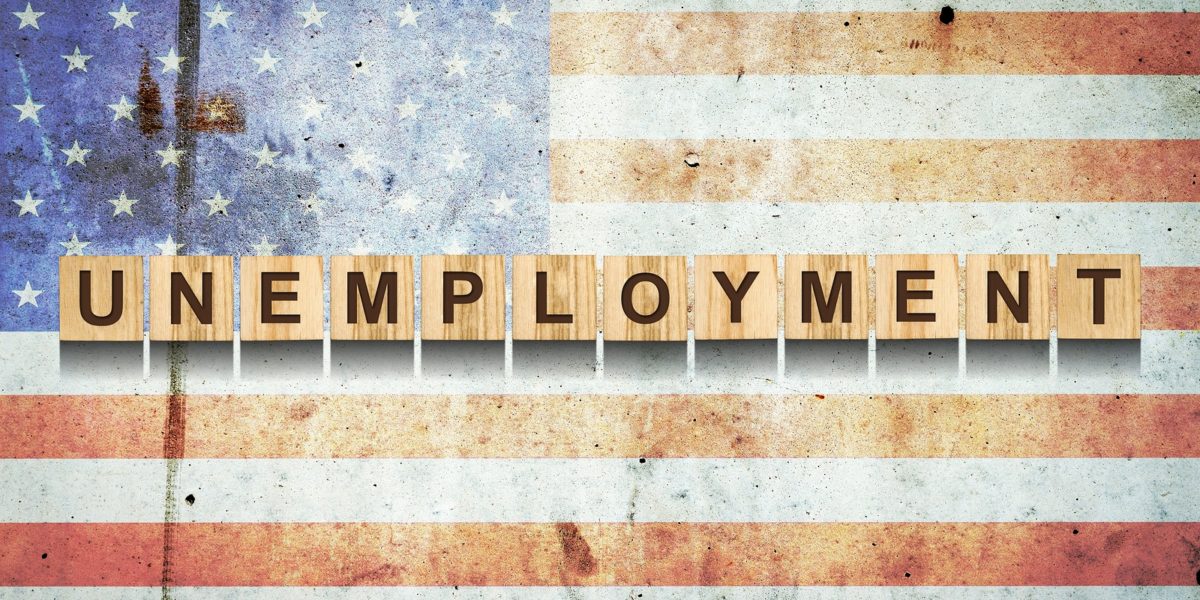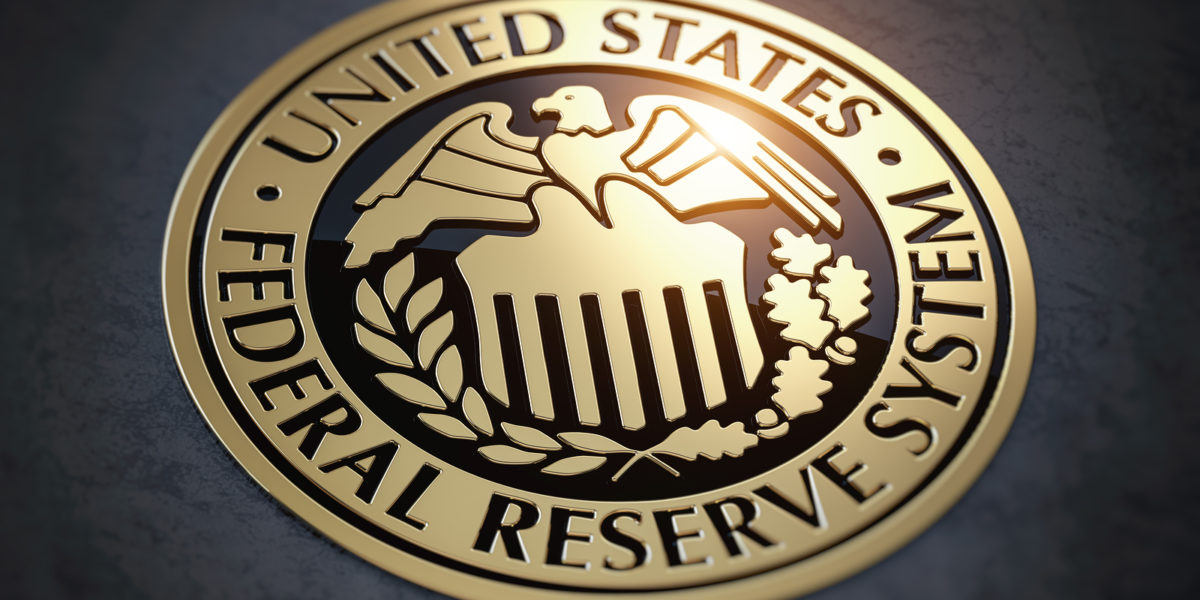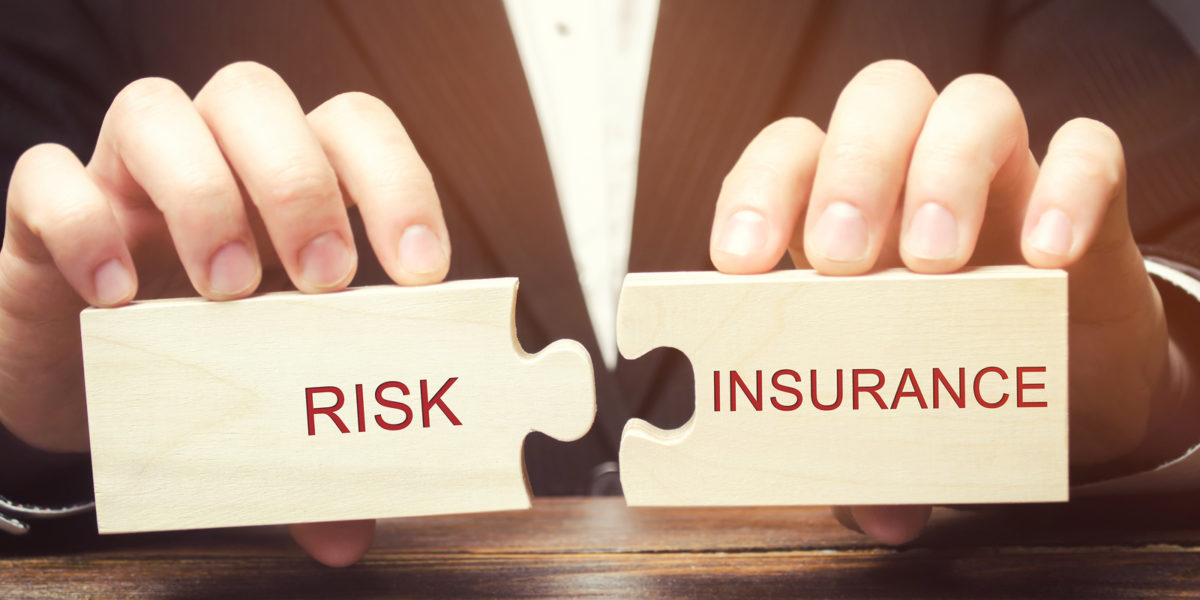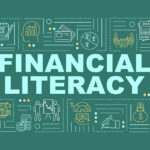Simplicity Digital Advisor
Reg BI: What Is It, and Why Should You Care?
On June 30, 2020, Regulation Best Interest, or Reg BI for short, officially went into effect. But what is Reg BI, exactly? Where did it come from, and how does it impact you, the investor? Here’s what to know about the new rule under the Securities and Exchange Commission (SEC).
The CARES Act and RMD: Relief for Investors
The CARES Act (The Coronavirus Aid, Relief, and Economic Security Act) contains the legislation for Required Minimum Distributions (RMD) for those over age 70 ½ and have already started RMD. Under the CARES Act, no RMD is required for individuals or beneficiaries of inherited retirement accounts in 2020 due to COVID-19. How will this help investors?
Relationships are Fundamental
It’s a funny thing about advice. Everyone seems to have an overabundance of knowing what others should do, and they have no problem telling you about it, especially when the monetary gain is a motivating factor. However, there also seems to be an equal dearth of understanding about who such advice is given to. If you’re anything like us, we do not believe that advice for a “target market” is also solid advice for an individual whether they can be classified as a part of a specific target market or not. Everyone is unique and different individuals and with regard to their financial lives, but also in the way they make decisions about their finances as well. We feel that it is prudent to first understand our clients, their individual situations, and what motivates their decisions before offering advice of any kind. This provides a framework within which to begin helping our clients answer the four toughest financial questions they will face.
- What rate of return do you have to earn on your savings and investment dollars to be able to retire at your current standard of living and have your money last through your life expectancy
- How much do you need to save on a monthly or annual basis to be able to retire at your current standard of living and your money lasts till life expectancy?
- Doing what you are currently doing, how long will you have to work to be able to retire and live your current lifestyle till life expectancy?
- If you don’t do anything different than you are doing today, how much will you have to reduce your standard of living at retirement for your money to last to your life expectancy?
The answers to these questions can be given in our first ten minutes together, and they will give you an indication of where you find yourself currently with regard to securing your financial future. Our specialty is rooted in helping folks to improve their current financial position, preferably without impacting their current lifestyle, Our clients can often solve the issues uncovered in the above four questions by focusing first on dollars one could be losing unknowingly and unnecessarily without taking on additional financial risk.
We begin with the seemingly outlandish premise that a solid relationship should be the foundational starting point.
Why Does Gross Domestic Product (GDP) Matter?
When looking to protect your financial future in today’s COVID-19 environment, it’s essential to understand how the economy functions on a historical basis as it relates to the country’s GDP (Gross Domestic Product) and the stock market.
U.S. Unemployment: Problems for the Economy?
The U.S. unemployment rate is the percentage of unemployed workers in the total labor force and indicates the health of the U.S. economy. COVID-19 has significantly impacted unemployment to record numbers not previously seen since the government began tracking the data in 1939. COVID-19 has surpassed The Great Depression in the amount of unemployed and the economic fallout to businesses and workers.
Restarting the U.S. Economy: What is The Fed Doing?
When the U.S. economy is stagnant, the U.S. Government uses fiscal and monetary tools to stimulate the U.S. economy. However, with our economy facing multiple problems, that may not be an ‘easy fix’ in comparison to past recessions. COVID-19, social unrest, permanent business closings, and an upside-down GDP may prove to be difficult problems to overcome in the near term.
Travel Plans Cancelled? Buy Local and Travel Local.
COVID-19 has changed the way that Americans shop and travel, impacting our spending habits indefinitely. With stores, hotels, and restaurants closed or at limited capacity, many choose to stay at home and purchase online or locally, helping to support their local small businesses. The positive impact of working from home, virtual meetings, and happy hours, on-line fitness classes, and being at home is that our consumption habits have changed. Read hear to learn why you should buy local and travel local.
Inflation and Taxes Risk: Protecting Your Financial Future
As areas of the U.S. start to lift COVID-19 restrictions, Americans are starting to see the impact of increasing prices at the supermarket and the start of inflation. Here is the recommended steps toward protecting your financial future. While the CARES Act provided a one-time payment to individuals and for business stimulus, it will not solve our future economic problems since government action always comes with a price.
Sequence of Returns Risk: Impacting Your Retirement Portfolio
The sequence of returns impacts investors when they are either adding to or withdrawing money from their retirement portfolio, which can create risk depending on the sequence and the market conditions at the time. If an investor is not doing either, then there is no sequence of returns risk.
How to Have Safety Inside Your Portfolio
In today’s volatile market environment, investors seeking safety inside your portfolio must consider how any investment fits into their investment strategy. All investments have their place in retirement planning, but only if suitable and a part of an overall financial strategy using multiple types of investments, insurance products, and accounts. While investing is not without risk, there are critical elements to consider when building a portfolio:

